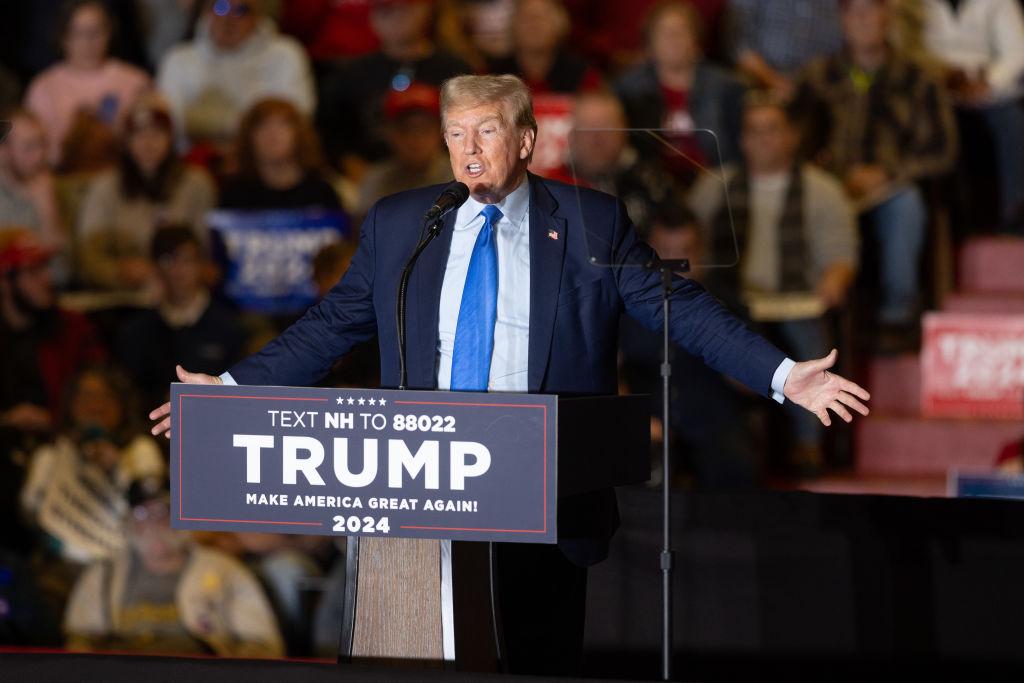Former President Donald Trump moved to dismiss his request to move the criminal case against him in Manhattan to federal court, on Tuesday, listing no reason in the brief filing.
“Donald J. Trump, by and through undersigned counsel, respectfully moves this Court, pursuant to FRAP 42(b), to dismiss his appeal in this case. Upon information and belief, to date the government has not borne any costs in this matter,” it reads. The new motion was filed in the 2nd U.S. Circuit Court of Appeals.





